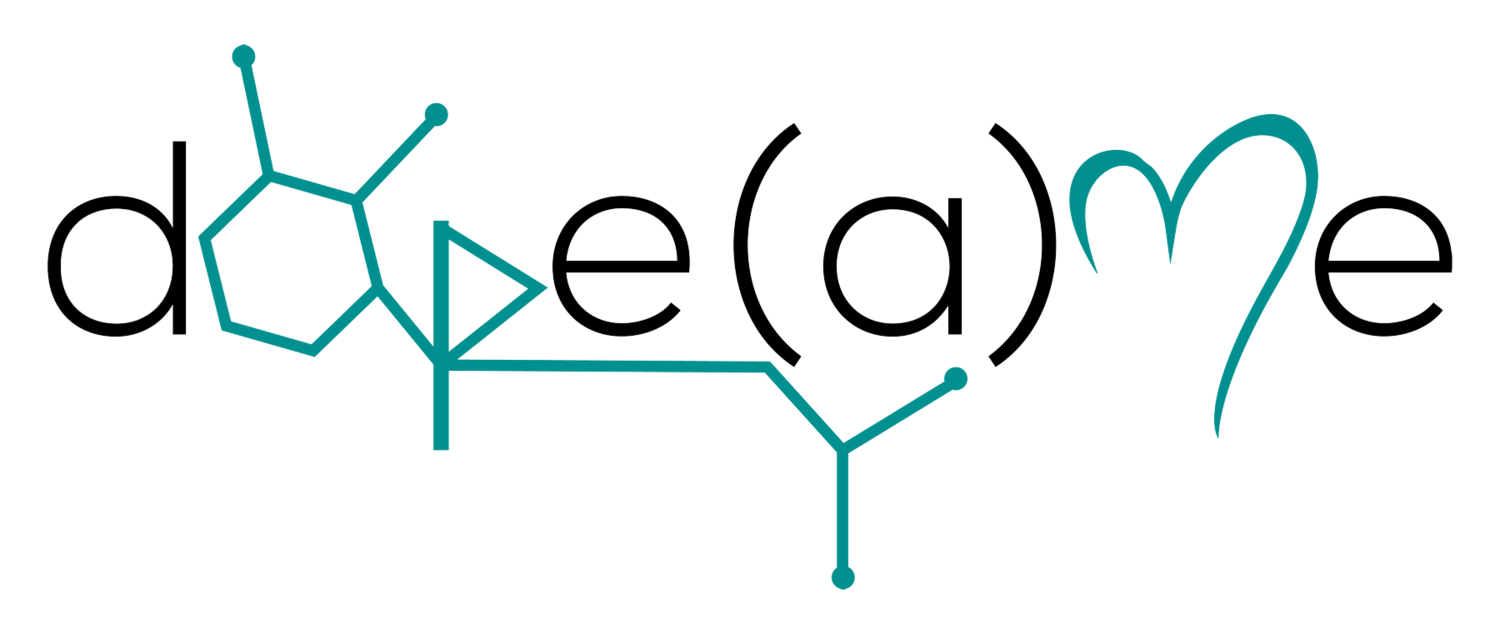“The imperative behind this work is that decolonization is a process in which everyone should engage. Decolonization is for everyone, because it works to reconnect humanity to all facets of their being. Since colonialism has attempted to sever the means of communing with the world through dehumanization, dispossession and erasures, returning to relational ways of connecting is an act of renunciation of colonialism and, more importantly, an act of renewal. Decolonizing needs to begin first internally in the mind, the body and the spirit and then move outward to transform existing colonial structures” (Todd, 2019, p. 164).
Timing and synchronicity has me in a deep pause this week. I won’t be writing much, as I have started this blog a dozen times and continue to find myself at a standstill as I notice the words and phrases I habitually use are actually disempowering (Ghosthorse, 2022). I am in a being state, in a way that is foreign yet familiar. The more I try to put words to it the more disconnected I feel from myself. I find it fascinating that I lost my voice last week, and I am now in a state of shifting how I communicate. So what brought this on?
I am inspired, held and shattered from listening and learning from Tiokasin Ghosthorse of the Cheyenne River Lakota. In a series called Deprogramming the Colonial Mind (2022) on the Restorative Practices website, I find myself experiencing a swift dismantling of the conceptual framework I have been living in. It is a gift, and it is disorienting.
What has become more clear from the guidance in these lessons from Tiokasin Ghosthorse (2022) is that English, as a language, is one of domination, possession, separation and containment, and he says, we cannot liberate ourselves or wake ourselves up with the same language that put us asleep or boxed us in. He makes reference to Einstein's infamous quote that is similar, “we can’t solve our problems with the same thinking we used when we created them.” And I heard the parallel to Audre Lorde’s (1984) cautionary reminder, “the master’s tools will never dismantle the master’s house.”
Ghosthorse (2022) shares a lesson he learned from his mother, that the thinking mind, which thinks it is THE Intelligence, is actually a seed of the heart. In Lakota, this means we think from our heart, and our brain’s are a tool of the heart. Our intellectualism comes from the thinking mind, but our intelligence is from the heart. While our language is continuously distancing us from this intelligence, it is our work to make the journey back to our heart by seeing the box we are living within and shifting our language so we are not using the same language that boxed us in (Ghosthorse, 2022).
This reminded me of a Sioux (pronounced Sue) Native American saying that expresses the sentiment that the longest journey you will ever make is from your head to your heart. I remember the first time I heard this phrase spoken. It rang through my system as wisdom, and inspired me to begin a long explorative expedition to discover this journey home to my heart.
Learn more about the Sioux Native Americans here
This project has become an integral part of that journey for me. The disconnect I have felt throughout my life, the shame, the desire to seek for something elusive yet that I knew I would know it when I found it, have all led me to this moment. As I turn the corner of the halfway point in this project’s timeline, I sense some final puzzle pieces falling into place in what feels like a serendipitous way, which has me in awe.
As the walls of my language crumble around me, I am reminded of bell hooks (1996) words that as the dismantling happens and we momentarily lose the ground, anchor to love. Rather than over-analyzing, trying to figure out how to describe the ‘how-to’, or attempt to speed up or get entangled in an agenda of progress, I am allowing this process to unfold and I surrender to where I am now. With that, I merge with interconnectedness and the presence of energy animating my body. I listen and I turn towards the rhythms of the Earth to remind me that I am her, and she is me (Ghosthorse, 2022).
Xo
Bye for now
Marin
P.s. I highly recommend you register for this course to watch the pre-recorded videos with Tiokasin Ghosthorse.
References:
Ghosthorse, T. (2021). Deprogramming the colonial mind: Re-languaging regeneration. Restorative Practices. https://restorativepractices.com/product/re-languaging/
hooks, b. (1996). “Contemplation and Transformation.” In Dresser, M. (Ed.) (1996). Buddhist
women on the edge: Contemporary perspectives from the western frontiers, 287–92.
Berkeley, CA: North Atlantic Books.
Lorde, A. (1984). The master’s tools will never dismantle the master’s house (Comments at the “The personal and the political panel,” Second Sex Conference, New York, September 29, 1979). In Sister outsider (pp. 110–113). Sister Visions Press. (Original work published 1979)
Todd, K. L. (2019). Shedding of the colonial skin: The decolonial potentialities of dreaming. Decolonizing the Spirit in Education and Beyond, 17(28), 153–175. https://doi.org/10.1007/978-3-030-25320-2_11

